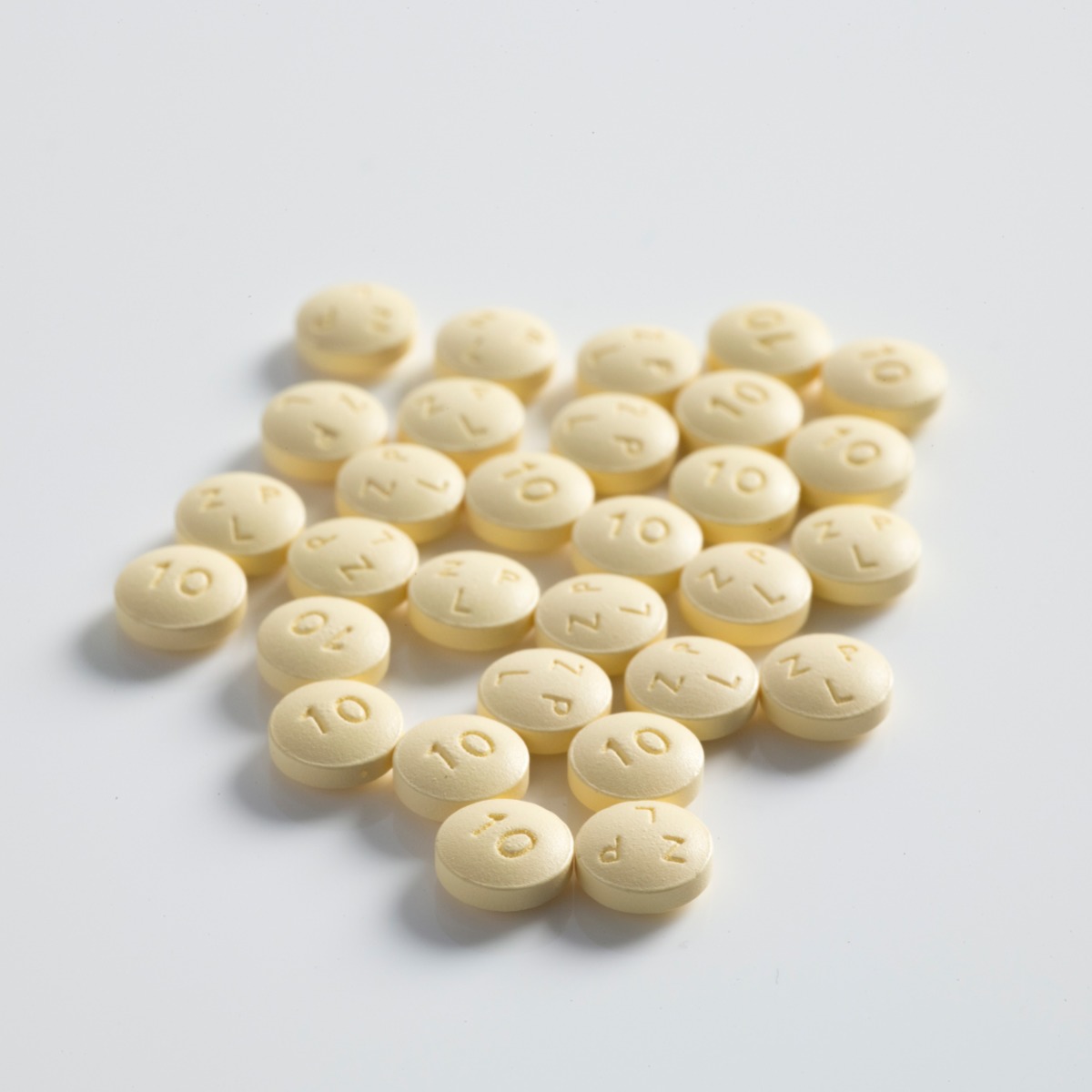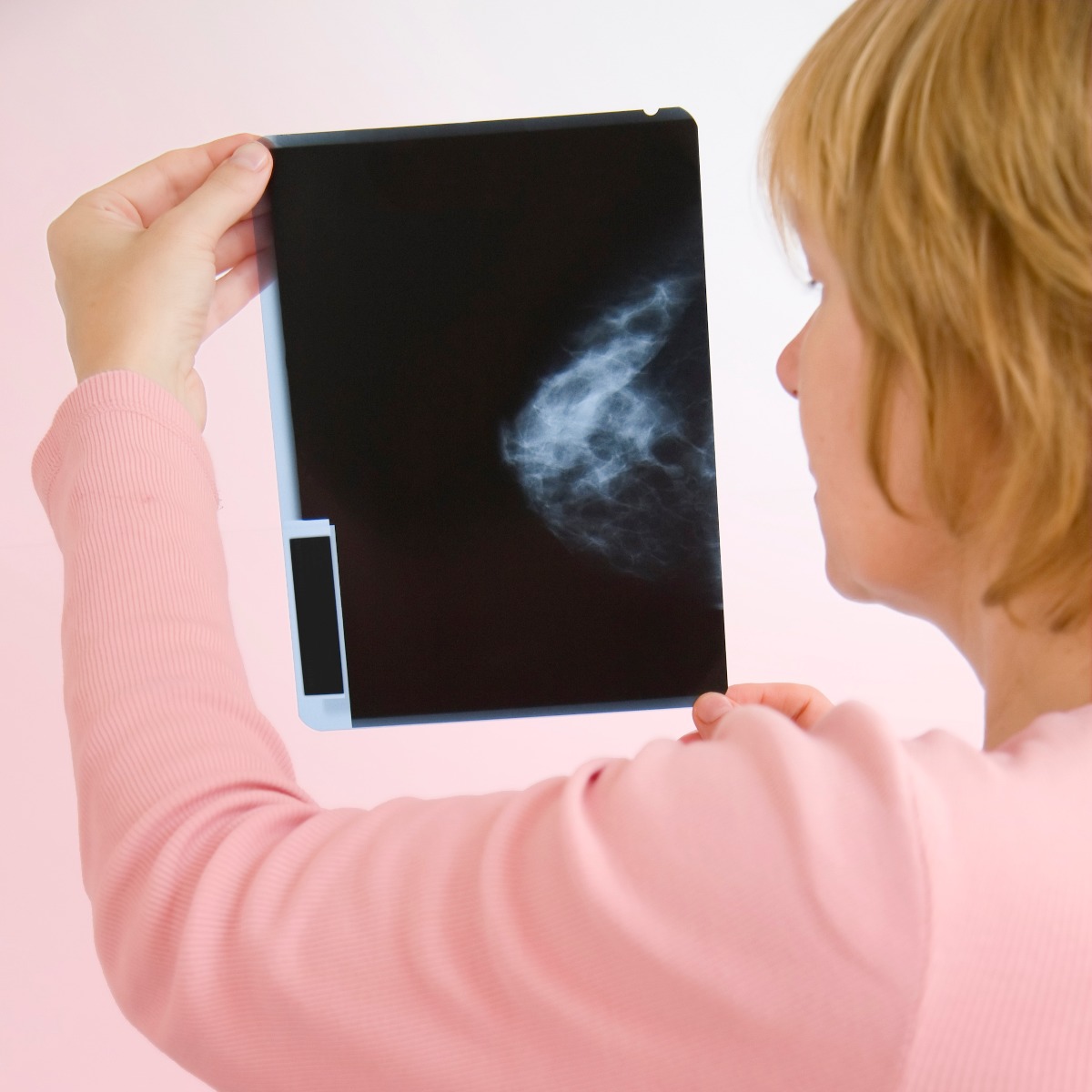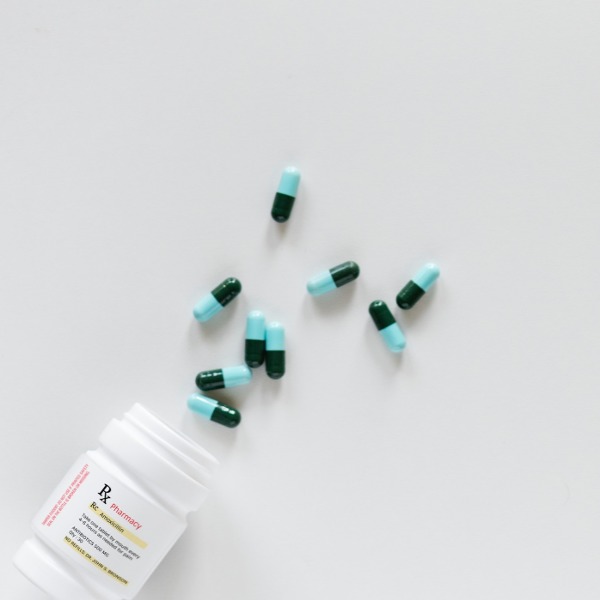By continuing to use our site, you consent to the processing of cookies, user data (location information, type and version of the OS, the type and version of the browser, the type of device and the resolution of its screen, the source of where the user came from, from which site or for what advertisement, language OS and Browser, which pages are opened and to which buttons the user presses, ip-address) for the purpose of site functioning, retargeting and statistical surveys and reviews. If you do not want your data to be processed, please leave the site.
The Voice of People With Breast Cancer
Education
Our Voices Blog
Category : Knowledge
Biosimilars for Cancer: What’s Coming Down the Pipeline?
Biosimilar therapies have already been in use in Canada for a few years, mostly in the chronic disease and supportive care settings. But soon they will be used for treating cancer as well. There isn’t a lot of information about these new oncology biosimilars and it’s important that breast cancer patients are aware of how their treatment plans may be impacted by these new therapies. We explore some of the emerging biosimilar therapies that will be used to treat cancer patients soon.
Biosimilars: Clinical perspective
We are all familiar with generics. The exact copy of the known chemical formula used in the original medicine is what constitutes the generic form of any medicine. There are multiple reasons why generics are able to be mass produced at a lower cost. An important step includes manufacturers of generics having to provide proof that their version is an exact copy of the chemical formula of the original medicine and that when used in healthy individuals, the metabolism remains very similar to the original compound. This shortened pathway of getting approved from Health Canada or a similar regulatory agency ensures less economic burden to manufacturers and provides the obvious advantage of a significantly lower price, as well as improved accessibility for patients.
Research highlights from ASCO’s 2018 Annual Meeting
Earlier this month, the annual meeting for the American Society of Clinical Oncology was held in Chicago. Here, key research developments in every area of cancer care are shared with oncology professionals from around the world. We’ve compiled the top breast cancer highlights to come out of this year’s ASCO 2018 conference:
I wish someone told me I had dense breasts
Dense breasts are common in Canadian women, affecting about 3.4 million women. Having dense breasts makes it harder to detect cancer on a mammogram yet women are not being told.
Biosimilars: What are the doctors saying?
Now that you’ve learned more about biosimilars, it may also be of interest to learn what the physician perspective is. We connected with Dr. Sandeep Sehdev, a medical oncologist at the Ottawa Hospital, to get his perspective on biosimilars and what he thinks is important for patients to understand about them.
Tips for managing cancer-related brain fog
One of the most common complaints you hear from patients getting chemotherapy is brain fog. It's why it's most commonly known as "chemo brain". But what is it and why does it happen? And most importantly, how can it be managed?
Learning more about biosimilar treatment options
Biosimilar drugs will soon be entering the breast cancer treatment landscape and are already available for support medications. With these emerging treatment options, it’s important to know more about them so you can make informed decisions about your treatment plan.
Diarrhea – the opposite of constipation
In complete contrast to constipation, diarrhea is also a common side effect of treatment. While many chemotherapies and targeted therapies cause constipation, some of the others cause diarrhea. Loss of bowel control can not only be embarrassing, but it can cause painful cramps and lead to dehydration.
Constipation – A hard truth
Poop, definitely a topic that most of us don’t want to have candid conversations about, especially when it comes to our own. But constipation is one of the most common side effects of many cancer treatments, and can be a real pain in the a**, literally.













